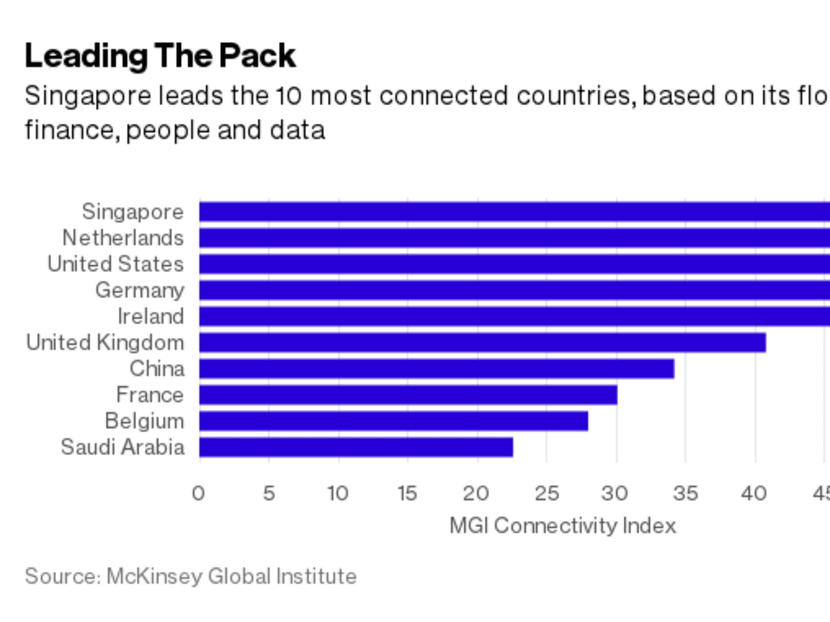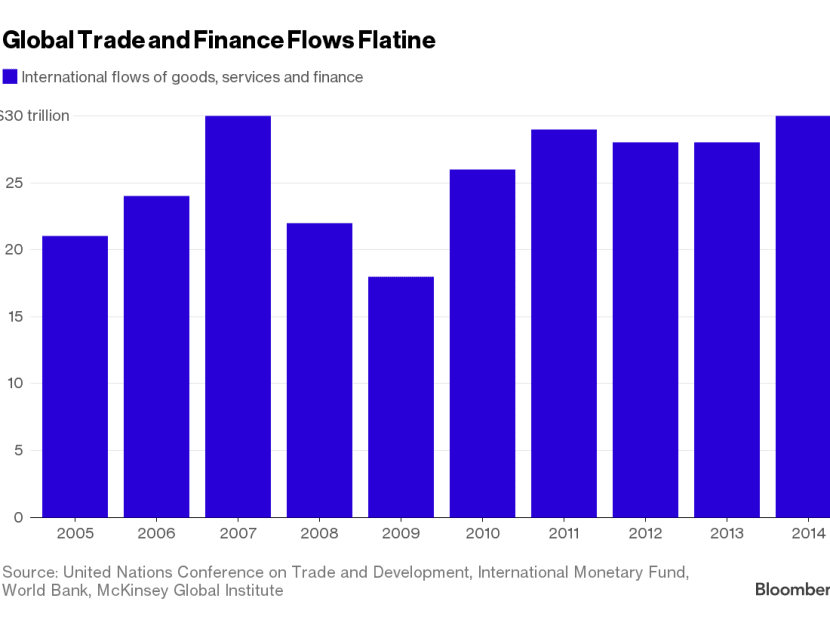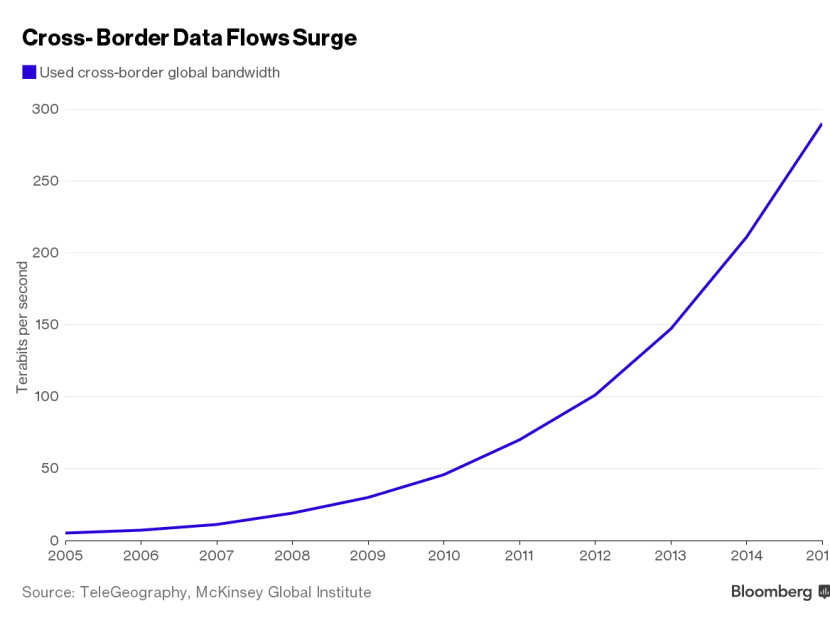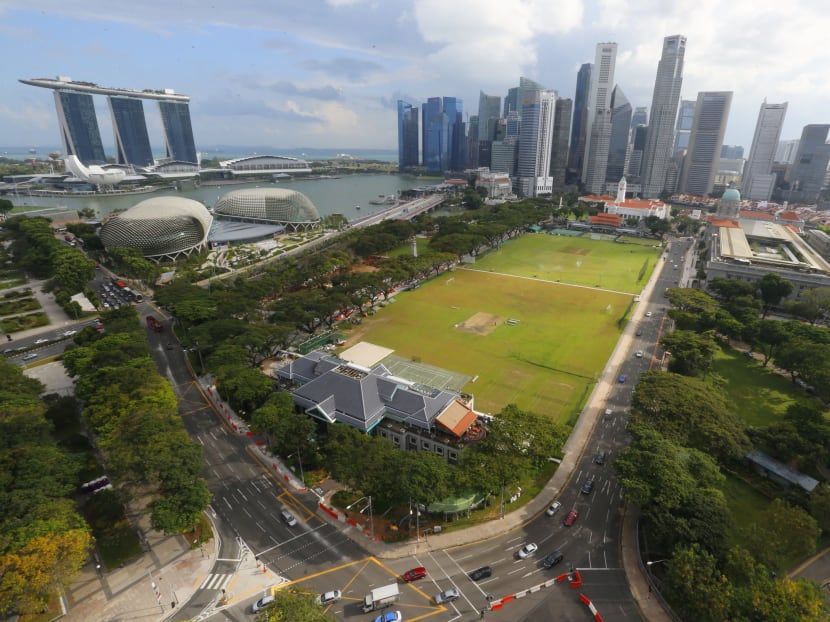Singapore the most connected country in the world
NEW YORK — It’s a lesson everyone from a Mafia member to an Ivy-League applicant knows only too well: It pays to be connected.
NEW YORK — It’s a lesson everyone from a Mafia member to an Ivy-League applicant knows only too well: It pays to be connected.
And it’s something that countries striving to improve the lot of their citizens should pay heed to as well. So says the research arm of McKinsey & Co in a 144-page report, which placed Singapore at the top of its list of the most globally connected countries in the world.
In the ranking of 139 countries based on how linked they are to the rest of the world, the McKinsey Global Institute puts the Netherlands, one of Europe’s main digital hubs, right behind the tiny island state of Singapore. The US comes in third, followed by Germany. China ranks seventh.
(Click to Enlarge)

At the bottom is another island nation, Seychelles, and Sierra Leone. Japan, the world’s third-largest economy with a host of global brands, comes in surprisingly low, at No 24, mainly due to its limits on immigration.
The report reckons that the world economy as a whole benefited to the tune of about US$7.8 trillion (S$11 trillion) in 2014 from the flow of goods, services, finance and data across borders.
“Countries that are open to global flows increase their GDP,” or gross domestic product, said Ms Susan Lund, a partner at the institute who is located in Washington.
The global consultants found that the more tied-in a country is to the rest of the world, the better its economy fares. Being connected doesn’t stop at trade and finances. It’s also about people — primarily the number of immigrants a nation has — and the amount of data streaming across a country’s borders.
McKinsey also argues that reports of the death of globalisation are premature. Yes, world trade growth has slowed markedly. And global capital flows have collapsed, after peaking at close to US$12 trillion in 2007 before the onset of the financial crisis.

Yet the baton has been taken up by an explosion in the transmission of data around the world. Half of Facebook Inc’s users had at least one international friend in 2015, up from just 16 per cent in 2012.

And it’s more than just sharing cute cat videos. Facebook estimates that 50 million small- and medium-sized enterprises are on its platform, roughly double the amount in 2013. On average, 30 per cent of their fans are from other countries, McKinsey said in its report.
“We’re entering a new and different era of globalisation,” Ms Lund said. “And the defining feature is data and digital flows.” BLOOMBERG







